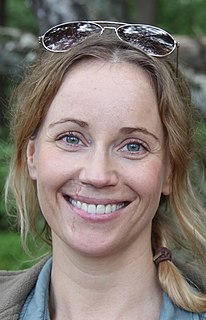A Quote by Donald Wuerl
Children need to have a home. I don't mean a physical four walls and a room. There needs to be an emotional and spiritual and loving place in life. That's what a family is.
Related Quotes
In the so-called civilized world, children are physically, sexually and/or emotionally abused; they are the leaders of our future. When children are raised in such a hostile and violent environment, how can we hope for a harmonious future for all people of this world? In this light, the purpose of human life is to achieve our own spiritual evolution, to get rid of negativity, to establish harmony among our physical, emotional, intellectual and spiritual quadrants, to learn to live in harmony within the family, community, nation, ..treating all of mankind as brothers and sisters.
But man has other needs as well: emotional needs. These, too, are few, but every bit as important as his physical requirements, yet not so simple. If they aren't met, they can be as devastating as physical hunger, as uncomfortable as a lack of shelter, as incapacitating as thirst. The frustration, isolation and anxiety brought about by unmet emotional needs can, like physical privation, produce death or a degree of living death - neurosis and psychosis.
Many children face chronic stress from nutritional deprivation or persistent violence at home or in the community. By addressing their medical, emotional and developmental needs through a comprehensive clinical care model, we can lower their risk of developing long-term physical and mental health issues.
Many low-income children face chronic stress from nutritional deprivation or persistent violence at home or in the community. By addressing their medical, emotional and developmental needs through a comprehensive clinical care model, we can lower their risk of developing long-term physical and mental health issues.
Like so much of what is worthwhile in life, our needs for friendship are often best met in the home. If our children feel friendship within the family, with each other, and with parents, they will not be desperate for acceptance outside the family. I think one of life’s most satisfying accomplishments for my wife and me is to have lived long enough to see our children become good friends.





































